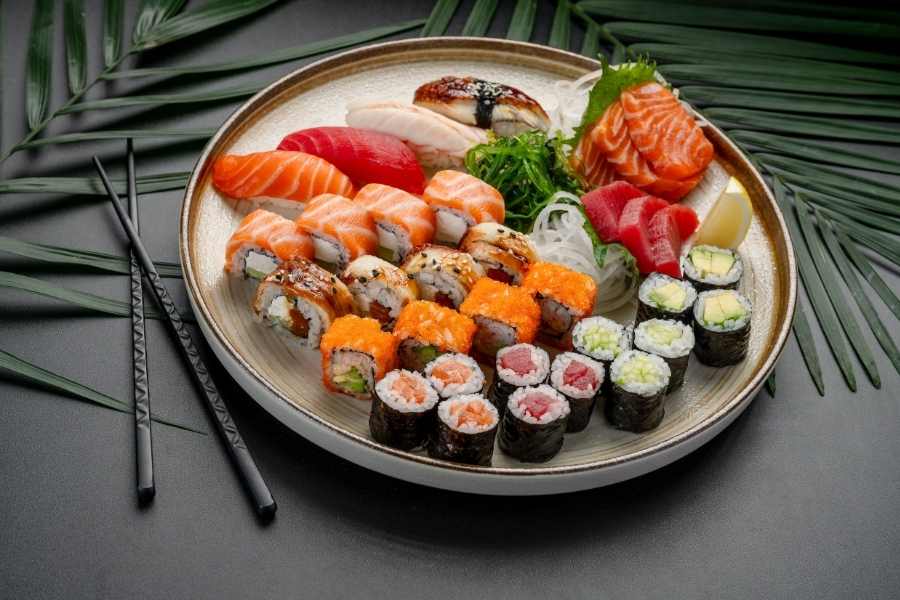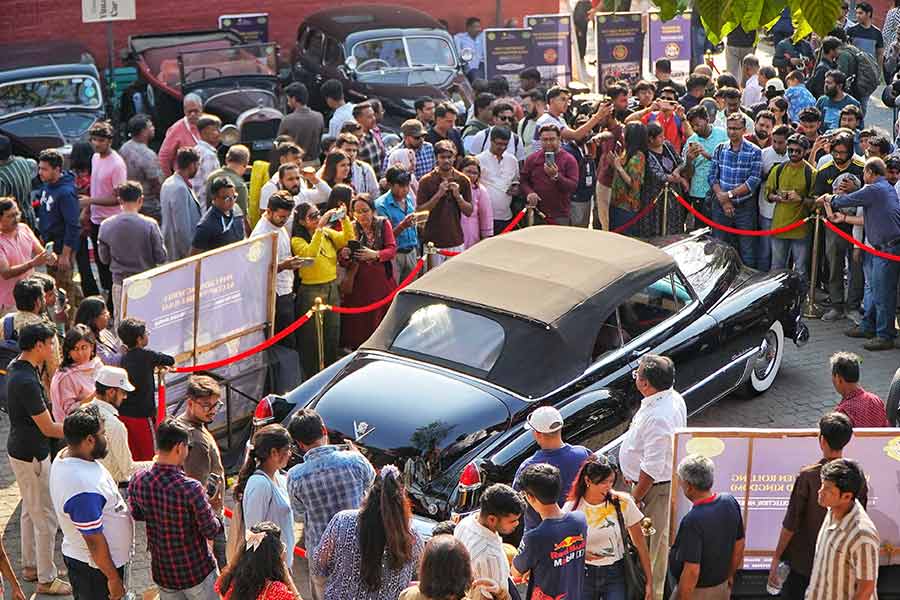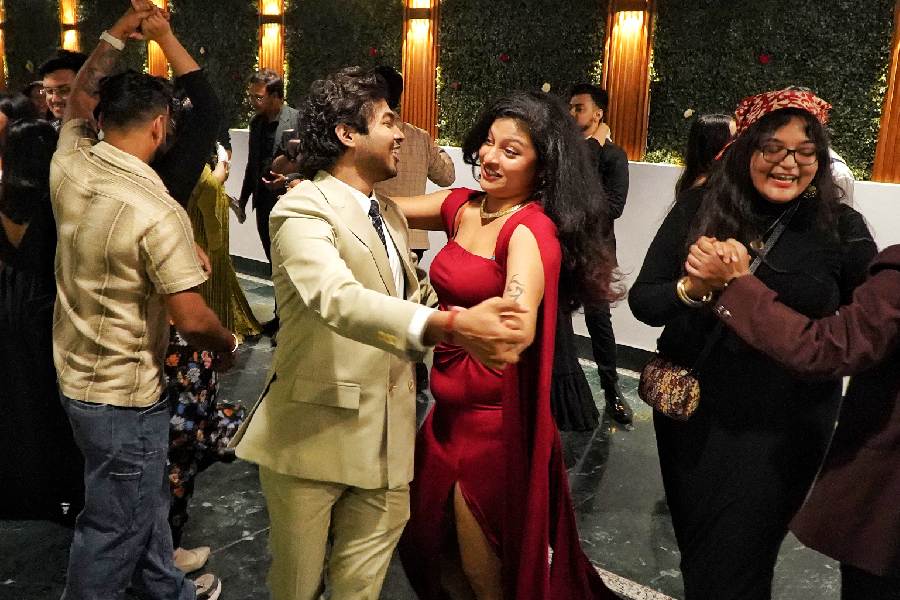 Monday, 16 February 2026
Monday, 16 February 2026
 Monday, 16 February 2026
Monday, 16 February 2026
Hiroshima on Wednesday commemorated the 80th anniversary of the United States atomic bombing with a ceremony that underscored the horrors of nuclear warfare and the growing unease over renewed nuclear threats across the globe.
The observance began with a minute of silence at 8:15 a.m. local time (23:15 GMT), marking the exact moment on August 6, 1945, when the US aircraft Enola Gay dropped the atomic bomb ‘Little Boy’ over the city, according to the Associated Press.
Hiroshima Mayor Kazumi Matsui and Japanese Prime Minister Shigeru Ishiba led the tributes, laying flowers at the cenotaph alongside several officials and dignitaries.
Survivors of the bombing, many now in their late 80s and 90s, attended the programme.
The ceremony comes at a time of renewed global tensions over nuclear weapons, following Russia’s 2022 invasion of Ukraine and aggressive nuclear rhetoric from major powers.
The atomic bombing of Hiroshima killed an estimated 140,000 people. Three days later, the US dropped another atomic bomb on Nagasaki, resulting in approximately 70,000 deaths.
These attacks prompted Japan’s surrender on August 15, 1945, effectively ending World War II and concluding nearly fifty years of Japanese imperial expansion across Asia.
Despite the devastation, the United States has never formally apologised for the bombings. This year, the US was represented at the memorial by its ambassador to Japan.
Russia and China did not send representatives, according to AFP.
Survivors and their families used the occasion to voice frustration with global leaders, including Japan’s own government, for supporting nuclear deterrence policies instead of pursuing abolition.
Recent remarks by US President Donald Trump, in which he justified a June military strike on Iran by comparing it to the atomic bombings of Hiroshima and Nagasaki, provoked strong criticism. Survivors were also disappointed by the Japanese government’s muted response to Trump’s comments.
“Our biggest challenge now is to change nuclear weapons states that give us cold shoulders even just a little,” stated Nihon Hidankyo, a grassroots survivors’ group that won the Nobel Peace Prize in 2024 for its efforts to eliminate nuclear arms.
With the average age of survivors now exceeding 86, many see this anniversary as a final major opportunity to share their message.
Prime Minister Ishiba reiterated Japan’s official stance during the ceremony, stating that it is the nation’s mission “to take the lead… toward a world without nuclear weapons,” reported AFP.
Survivors have long urged the Japanese government to sign the Treaty on the Prohibition of Nuclear Weapons or at least attend its meetings as observers. Tokyo has declined, citing its reliance on the US nuclear umbrella, AP reported.
Between 110,000 to 210,000 people were killed by the bombs and their immediate aftermath. Entire communities were destroyed instantly, while emergency services collapsed and hospitals were annihilated. Tens of thousands more died in the following decades from radiation-induced illnesses and cancer.
For survivors of the bombings, known as hibakusha, the psychological and social toll has spanned generations.
Since the end of the Cold War, nuclear weapons have largely been viewed as tools of political deterrence.
That paradigm is now shifting. Moscow’s repeated nuclear threats since its 2022 invasion of Ukraine are weakening long-standing taboos against nuclear use. The conflict has revived debates about whether other states should develop nuclear deterrence capabilities as an ultimate security guarantee.
Iran has threatened to leave the Non-Proliferation Treaty (NPT), the cornerstone of nuclear arms control, amid pressure from recent attacks by Israel and the US. North Korea is expanding its arsenal while forging closer ties with Russia. India and Pakistan, both nuclear-armed, remain locked in a volatile rivalry and continue to skirmish along contested borders.
China has consistently deflected calls for arms control talks by citing its no first use policy and its smaller arsenal. President Xi Jinping has pointed to the vast nuclear stockpiles of the US and Russia when approached about negotiations.







